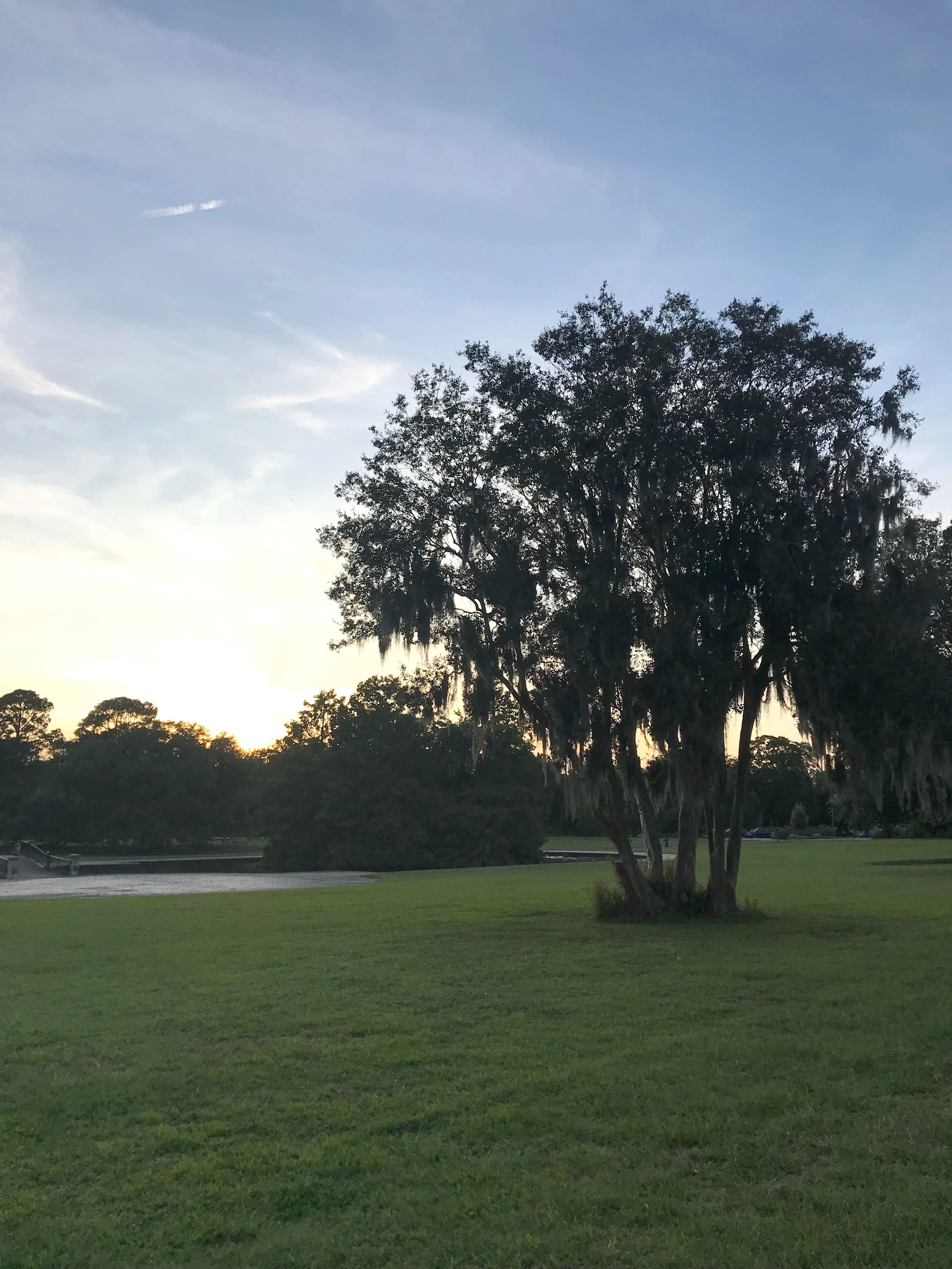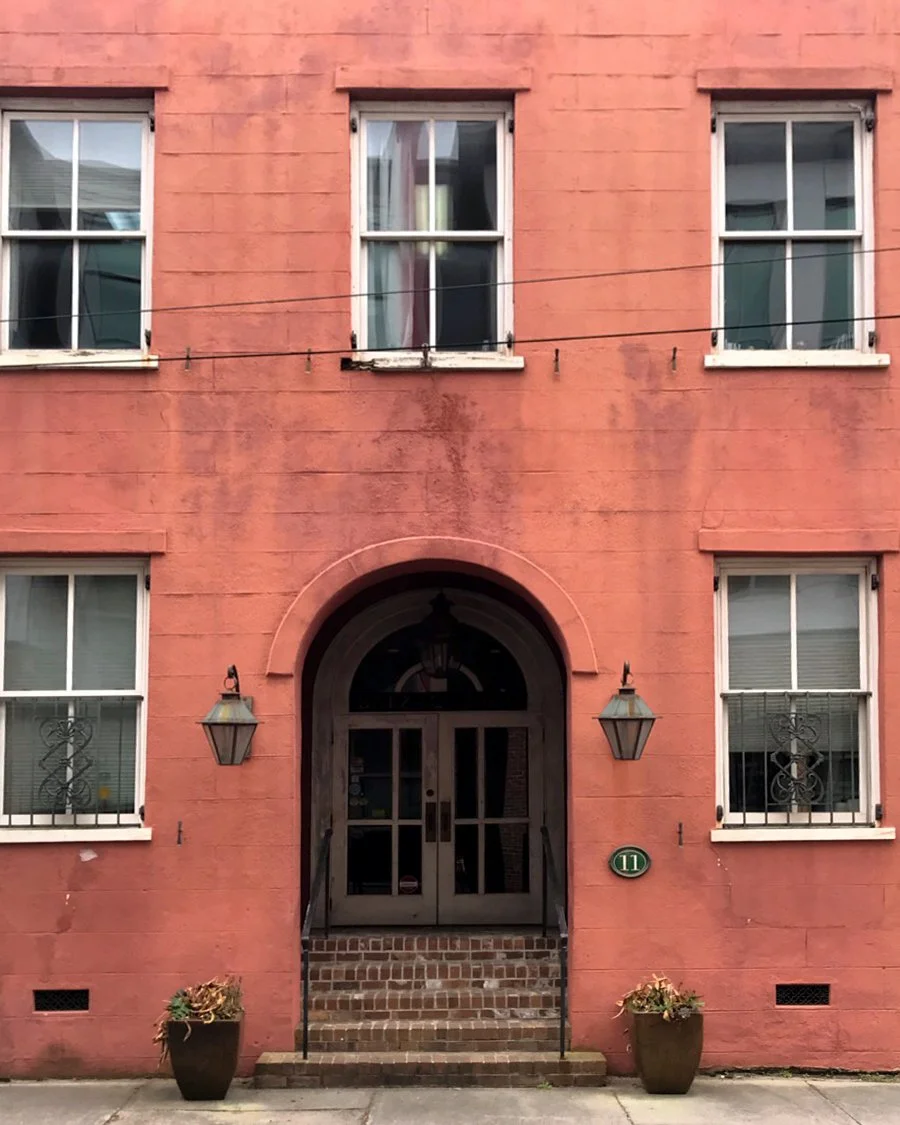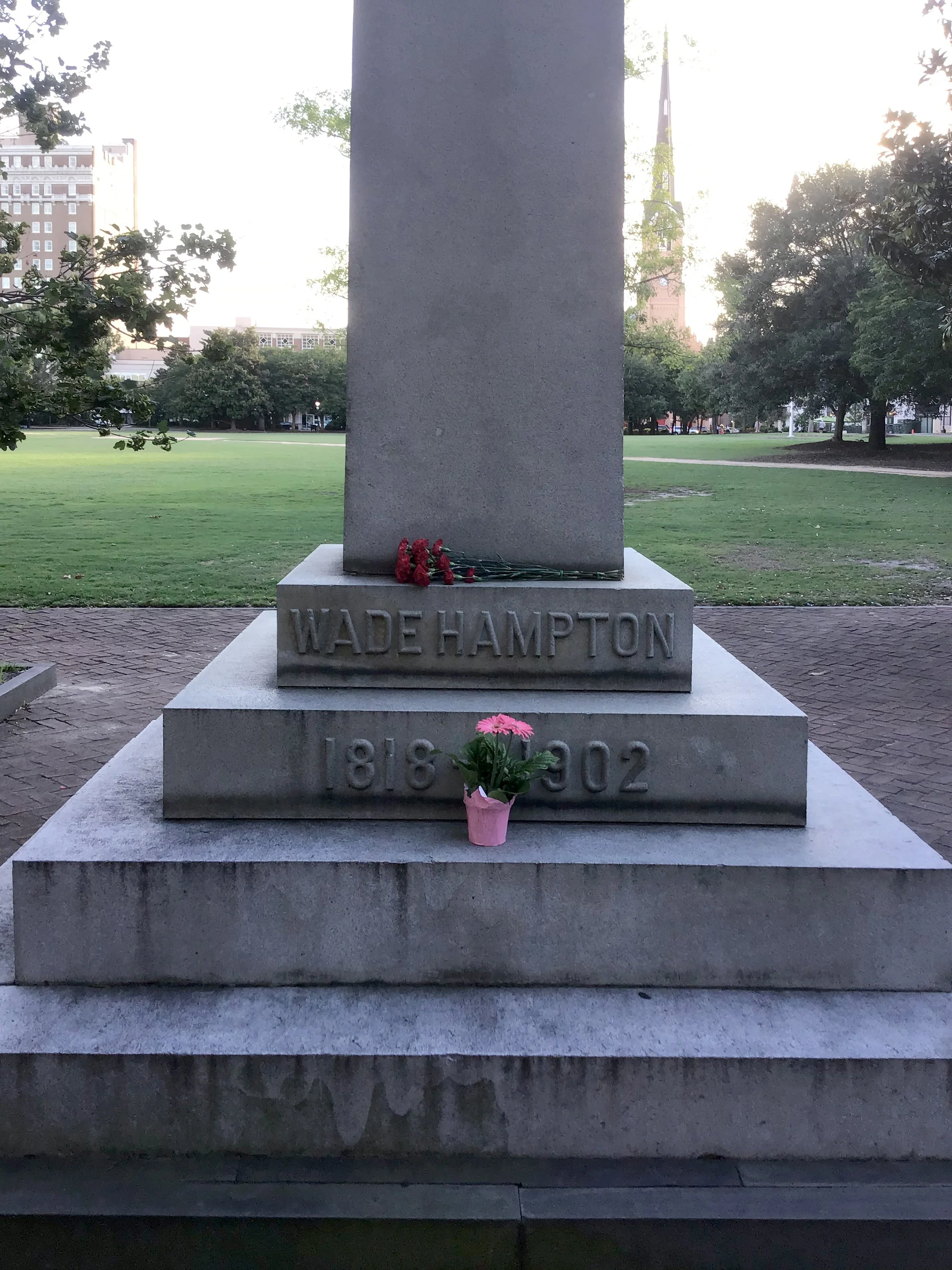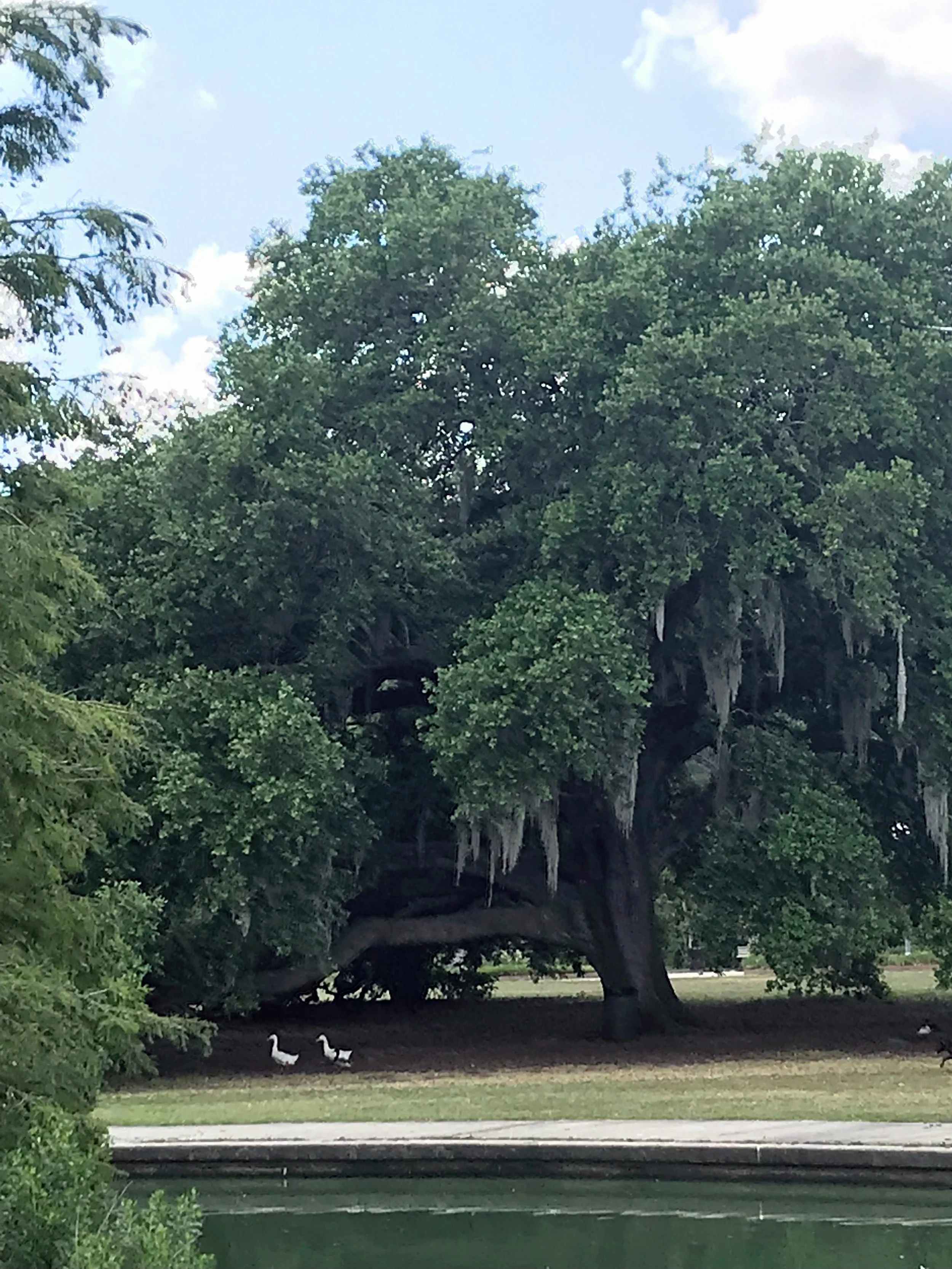Wade Hampton & the Contested Election of 1876
We’ve heard a lot about contested elections in recent years, but that is, unfortunately, nothing new in South Carolina history. One of the most strongly contested, and violently protested, elections in our state’s history was the 1876 gubernatorial election, in which “Redeemer” Democrat Wade Hampton ran against Republican Daniel Henry Chamberlain.
After the Civil War and as a condition of its readmission to the Union, South Carolina had adopted a more equitable state constitution in 1868. The new document protected the right of newly-freed Black men to vote, a right which they were eager to exercise and which was enforced by Federal troops who remained in the Reconstruction-era South. South Carolina had a majority Black population from 1708 to 1920, and Black voters consistently voted for Reconstruction Republicans, a party which led state politics for about a decade.
Wade Hampton was a wealthy, prominent, white South Carolinian who, before the war, owned 3-4,000 enslaved people across four states. In 1876, he ran for Governor on a platform to restore white power and supremacy - and in a state with a minority white population, this was achieved through violence and voter intimidation. He (supposedly) ran his campaign from the Big Brick, a brothel run by notorious Madame Grace Peixotto, and was supported by the Red Shirts, a paramilitary group that used brutal violence and murder to intimidate and suppress Black voters.
This is considered the most violent election in United States history. On Election Day, the Red Shirts set armed “guards” outside polling places to intimidate voters; they stuffed ballot boxes with fraudulent votes supporting Wade Hampton; they even issued ballots with just his name on them, hoping to take advantage of the illiteracy of some of the newly enfranchised citizens.
Even with all this corruption, Wade Hampton still only won by a handful of votes. However, it was clearly evident that there was election interference when it was discovered that some counties reported 101% voter turnout. The election was contested and both parties claimed victory, took the oath of office, and sat administrations in the state house. The South Carolina Supreme Court had to step in and order a recount of the votes.
The Red Shirts worked on intimidating the recount team out of doing their job, so Wade Hampton was still ahead in the fraudulent votes when it was time for the court to make a decision. Wade Hampton was declared the winner, and the Republican candidate reluctantly left office. Wade Hampton had effectively stolen the election.
Wade Hampton's administration started to unwind the 1868 State Constitution and enacted the first Black Codes. He was met with little Federal interference, as the Presidential election of 1876 was also contested. There was not a clear winner of the electoral college votes, so a compromise took place: the Republican, President Rutherford B Hayes, would take office so long as he would remove all Federal troops from the former Confederate States. By removing the group responsible for enforcement of federal statutes on equality, it effectively allowed the new Black Codes and Jim Crow laws to become the new law of the land. Within this framework, Wade Hampton and his administration took calculated actions to appoint selected Black leaders so as not to invite too much scrutiny from the Federal government.
Despite this legacy of violence, our largest park downtown, Hampton Park, was named in his honor when it opened to the public in the early 20th century. During the colonial era, the land had been part of a plantation owned by John Gibbes known as Orange Grove Plantation; later, it was used as the Washington Race Course, a Confederate POW Camp for Union Soldiers, and a burial ground, which was the first site of a Memorial Day ceremony in the US. There is also an obelisk statue honoring Wade Hampton in Marion Square. An article from the News and Courier in the 1960s lauds Wade Hampton for "saving South Carolina from the scourge that was Reconstruction."
We share this story in hopes that a more complete picture of this man helps our community to reconsider his legacy, reflect on how fragile our democracy can be, and recognize how important it is for our community to protect it. So we urge you to get involved in civics: vote, Sign up to be a Poll Worker, or Volunteer for a campaign. Continue to educate yourself on local, state, and national issues, and exercise your hard-won right to vote.
More resources on historic voter suppression in South Carolina:





